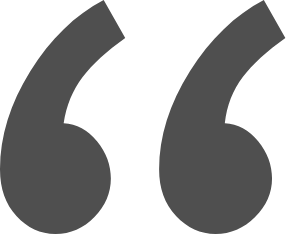The Long Game: Sustaining Data Collection for Lasting Insights

By Cori Egan, Junior Partner
Like the rest of the world, I have been soaking up Paris Olympics coverage over the past few weeks and my most important takeaway is that champions are not made overnight. Whether it’s the relentless training of the gymnasts or the strategic plays of a water polo team, success is built on consistent effort and long-term planning. The same principle applies to data collection in your school or organization. Gathering data is not a one-time event; it requires sustained systems, processes, and routines over months and years to truly understand long-term trends and drive meaningful change.
The Long Game of Data Collection
Think of data collection as a marathon, not a sprint. Just as a marathon runner must train consistently, schools and organizations must collect data consistently. One year of data is like a single snapshot in an athlete’s career—it can tell part of the story, but it doesn’t capture the full picture. Consider Simone Biles’ heartbreaking Tokyo Olympics in 2021 where she dropped out of competition. That is certainly part of her story—and an important one for her own growth—but only looking at that one year would ignore the 11 medals she has won along with her world renown GOAT status. Long-term data collection allows you to see trends, successes, and areas for improvement over time, much like how an athlete tracks progress and adjusts their training regimen based on performance and their own goals and needs.
Building Systems and Processes
In the world of sports, teams rely on playbooks, strategies, and routines to achieve their goals. Similarly, your organization needs robust systems and processes for data collection. Whether you use an Excel sheet, a sophisticated data tracking application like Monday.com, or a CRM like Salesforce, having a structured approach is crucial. These tools help organize data, making it easier to analyze and interpret over time.
Establishing Norms and Routines
Just as a sports team practices regularly, your organization needs to establish norms around data collection. This includes consistent updates and tracking of performance
metrics year after year. By creating a routine, you ensure that data collection becomes an integral part of your organization’s culture, leading to more accurate and reliable insights.
The Power of Long-Term Trends
Data trends don’t lie. They provide valuable information about what is consistently working—or not—year after year. In the same way that a coach reviews past games and watches film to plan, analyzing long-term data helps your organization identify patterns, predict outcomes, and make informed decisions. This strategic approach enables you to address potential pitfalls and leverage successes to achieve your long-term goals.
Playing the long game in data collection is essential for understanding the true pulse of your school or organization. Like a dedicated athlete or a strategic sports team, your organization must commit to sustained effort and continuous improvement. By establishing systems, processes, and routines for data collection, you can gain deeper insights and drive lasting success.
Embrace the marathon of data collection and remember: the champions of data-driven decision-making are those who stay the course and play the long game.


